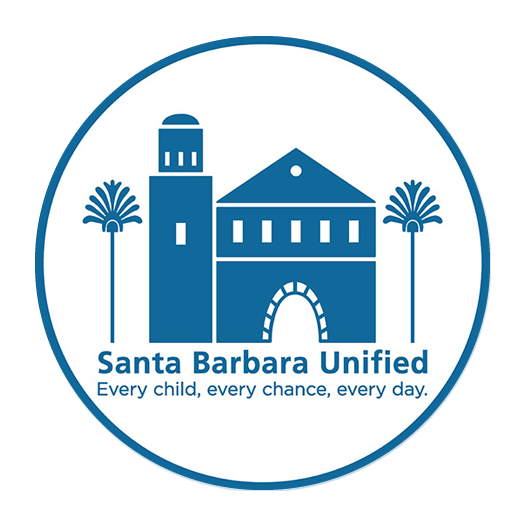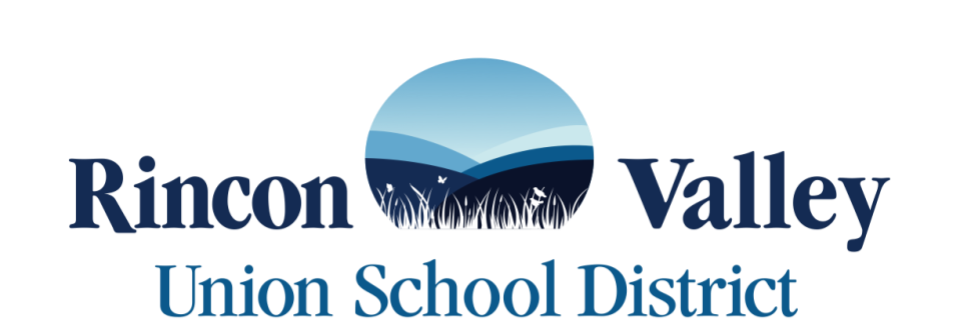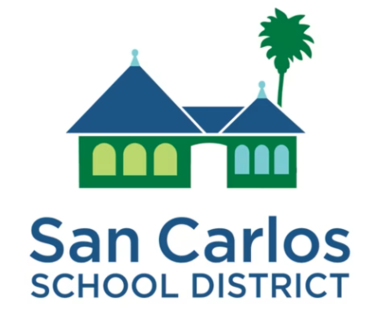News & Announcements
Open Door Sessions
CCEE, in collaboration with LEAs and partner organizations, is hosting “Open Door” sessions to share best practices, tools/resources, and strategies to support student learning. These sessions provide opportunities for county office and/or district staff to listen and learn from other LEAs across the state.
Click on the links below to register for upcoming Open Door sessions.
- Leading with Clarity: How Health and Attendance Guidance Drives School Success (11/19/24 at 3:30pm) – Register here!
Missed a session? Below are links to archived materials from past Open Door Sessions:
Please check our Events Calendar or follow CCEE on Twitter and LinkedIn to stay up-to-date on all our offerings.
LEA Spotlights
The Spotlights Project aims to celebrate some of the innovative, inclusive, and shareable practices that LEA teams have implemented to improve outcomes for students across our state. Each Spotlight organizes the successes, challenges, and lessons learned in a way that calls attention to emerging practices, reproducible strategies, and applicable resources, in hopes of introducing accessible points of conversation for other LEAs looking to resolve similar issues.
Below are recently published Spotlights. Click on the links below to learn more about the innovative practices taking place in these LEAs.

Santa Barbara USD installed solar panels and microgrid systems to strengthen its resilience against wildfires, mudslides, and earthquakes.

Da Vinci Charter Academy in Davis JUSD integrated its graduate profile with project-based learning for real-world success.

Rincon Valley USD prioritizes formative assessment and mathematical learning progressions to answer three questions: 1) Where are our learners? 2) Where do we want them to be? 3) How do we get them there?

San Carlos SD partnered with a community-based organization to mitigate and prepare for storm-based flooding.
Featured Resources
- Local Assessment System Review learning path & accompanying tool – Developed in partnership with the Center for Assessment, these resources guide school/district teams in conducting a review of their assessment system.
- Listen to the most recent episode of CCEE’s Rising from the Margins Podcast! Through heartfelt stories and powerful examples, this episode highlights how Bakersfield City School District is leveraging the Community Engagement Initiative (CEI)’s resources to not only meet LCAP goals but to transform the educational experience for students and their families.
- The UDL Data Toolkit was developed from the insights and recommendations outlined in the Universal Design for Learning (UDL) memo, emphasizing the need for comprehensive data collection and evaluation to enhance the effectiveness of UDL practices. One of the core concepts highlighted is the importance of gathering data at different levels—referred to as large, medium, and fine grain data—and triangulating this information to gain a holistic understanding of the impact on students, educators, and the broader educational system. This toolkit was collaboratively designed with educators and experts from organizations like Supporting Inclusive Practices (SIP), the California Coalition for Inclusive Learning (CCIL), and Open Access, ensuring it is grounded in practical experience and research. It offers a structured approach with guidance, tools, and resources to support local education agencies in tracking progress, making data-driven decisions, and continuously improving UDL implementation to foster inclusive and effective learning environments.
About the I3 Center
The Innovation, Instruction, and Impact (I3) Center implements a statewide approach to improving LEA capacity by collaboratively developing, delivering, sharing, and spotlighting practices that have demonstrated the power to improve outcomes for students.
About the CCEE
The California Collaborative for Educational Excellence is a statewide leader delivering on California’s promise of a quality, equitable education for every student.
Executive Director’s Corner
By Matt J. Navo, Executive Director

Chronic absenteeism is a significant barrier to student success, impacting academic achievement, engagement, and overall well-being. Schools and districts can address this challenge by implementing actionable strategies that foster student attendance and improve outcomes. By creating a supportive school environment, engaging families, and using data to identify and address attendance issues early, school and district teams can make meaningful progress in reducing absenteeism. This approach not only drives students to attend school regularly but also sets the foundation for long-term academic success and positive student outcomes. The Innovation, Instruction, and Impact (I3) Center led by Deputy Executive Director Sujie Shin, is sharing the findings that can help you decrease chronic absenteeism rates in your local educational agencies (LEAs).
Rebuilding Connections: Addressing Chronic Absenteeism through Community & Family Engagement
By Sujie Shin, Deputy Executive Director, I3 Center

I don’t think any of us who work with schools disagrees that chronic absenteeism continues to be a challenge for our schools, especially for students who have additional challenges–learning, economic, socioemotional, and family. What we continue to struggle with is what we can do to increase attendance, especially for students and families who may appear to be disengaged. A lot of commentators in the media and in our communities have reflected that “parents/families’ relationships with schools has changed” since the pandemic, and thrown up their hands at the idea that a school or district system can change the outcomes of a broader sociological shift.
There is truth to the idea that our relationships with in-person schooling have shifted since the pandemic–the rise of remote work and learning environments attests to this. But we also see a correlation to decreases in socioemotional well-being as a result. Our Chronic Absenteeism Bright Spots project aimed at looking at those communities where we saw not just a decrease in chronic absenteeism, but an increase in socioemotional well-being, community engagement, and even academic success as a result of the work that school and district teams were doing to redefine what the relationship between school and families looks like in 2024. Join us as we continue to navigate this space with our partners.
Chronic Absenteeism Resources
Chronic Absenteeism Bright Spots Open Door series
- Leading with Clarity: How Health and Attendance Guidance Drives School Success (11/19/24 at 3:30pm) – Register for the third and final session in this series! This session will explore how clear health and attendance guidance can be a game-changer in improving student attendance, where you’ll discover how schools can enhance their culture by prioritizing the health and well-being of students, families, and staff.
Shifting Mindsets on Chronic Absenteeism Open Door series
Other Resources & Publications
Note: Audio summaries were generated using artificial intelligence (AI) technology. While we strive for accuracy, please note that AI may not fully capture the nuances of the content. For the most comprehensive understanding, we recommend reading the full brief.
Chronic Absenteeism Bright Spots Factsheet (July 2024) – Learn about the approaches and conditions implemented by three districts that collectively helped get more kindergarteners back into the classroom and ready to learn!
Spotlight on Cypress School District – Learn how this district tackled chronic absenteeism by implementing robust data practices, cultivating trusting relationships with families, shifting mindsets, and establishing targeted communication channels with parents.
Kicking off the School Year with Attendance Works!

By Hedy Chang, Executive Director &
Catherine Cooney, Director of Communications, Attendance Works
As the new school year gets underway, getting kids to attend school regularly is more important than ever, especially with today’s high levels of chronic absence. New research reveals that very high absenteeism doesn’t just impact individual students, it impacts everyone in the community by interfering with a school’s overall functioning as well as teaching and learning. Listen to the podcast.
Our work shows us how vital relationship building – with families and students – is to making progress on absenteeism. In a podcast, Learning Heroes’ Eyal Bergman explains how family engagement can build relationships with families who then feel a part of the school community. We’ve collected a variety of resources for educators that promote positive engagement, relationship building and a sense of community that leaves everyone feeling like school is a place they belong.
Communicating clearly and often with families is essential. A new study from the Ad Council finds that parents/caregivers responded more favorably to messaging with a positive tone and a focus on the benefits of consistent in-person attendance. Read our blog post about the study takeaways and find a new messaging toolkit.
We just wrapped up the 2024 Attendance Awareness Campaign with the slogan Be Present, Be Powerful! The AAC’s four webinar series focused on the role everyone can play in creating positive conditioning for learning – teachers, principals, community partners and superintendents. If you missed a webinar, plan a gathering with colleagues and download the webinar recording, presentation slides and discussion guide. And don’t overlook our posters, badges and social media materials that are available for use throughout the school year.
